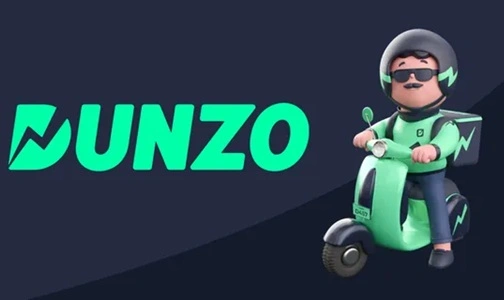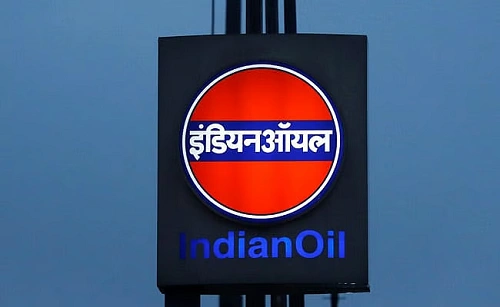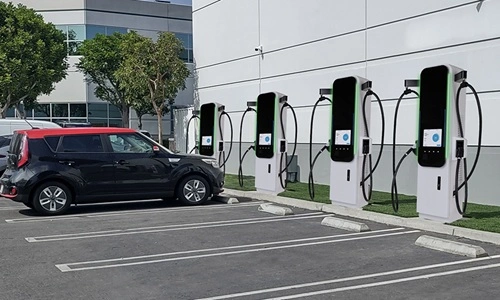Surely, Dunzo may not be operational now as of September 2025, but it was doing fairly well in the past, and for those who have no idea about it, well, Dunzo was an Indian hyperlocal, on-demand delivery platform, just like Blinkit and Zepto. It went out of business just this year, but still, the overall business concept was pretty great. And if you’re curious about just that, let’s then talk about Dunzo’s business model or how it used to make money.

| Company / Brand Name | Dunzo (Dunzo Digital Private Limited) |
| Establishment Year | 2014 |
| Headquarters | Bengaluru, India |
| Founder / Owner | Kabeer Biswas, Ankur Agarwal, Dalvir Suri, Mukund Jha |
| Industry | Hyperlocal delivery / Quick commerce |
| Net Worth | US$775 million (January 2022) |
| Total Revenue in 2024 | Not publicly disclosed |
About Dunzo
Dunzo was one of the widely recognized delivery services, which came into existence in 2014 in the city of Bengaluru, India. The company was started by four people: Kabeer Biswas, Ankur Agarwal, Dalvir Suri, and Mukund Jha.
Initially, Dunzo functioned as your very own errand runner. It was possible for you to request them to fetch your dry cleaning, get a package delivered, purchase some groceries, or simply bring medicines for you. All were transactions conducted within your city, and usually, they would be delivered in less than an hour.
Dunzo changed its business model gradually to the “quick commerce” area by launching the Dunzo Daily service. This new service was supposed to provide the customers with their groceries and other daily needs in 19 minutes or less from the so-called dark stores, which are specially designed storage places for the products.
However, the operation of dark stores alongside super-fast delivery made their business costs very high. Dunzo halted its services fully in January 2025. The parent company, Reliance Retail, went as far as removing the investment made in the firm from its books, hence no longer recognizing any value the company had.
How Dunzo Made Money
Even though Dunzo is no longer operational, this is how it used to make money with its work.
1. Delivery Fees
Each time an order is placed, customers incur a nominal delivery charge irrespective of the distance of the overall “run”. If a route may be short, the fee thereon also tends to be less, and in the case of major routes that are long along busy or rush hours, then these charges are considerably higher for delivery services.
2. Commissions from Merchants
When you order something from the market using Dunzo, it may be the case that the market gives a fixed amount of some percentage of the total order value as a commission to Dunzo for the service provided by them.
3. Dark Store Profits (Dunzo Daily)
In the course of carrying out its business for its clients, Dunzo was able to establish a distribution network that was robust enough to facilitate the buying process from a physical store to delivery at the client’s doorstep. Those were specifically called the Dark Stores.
4. Business Deliveries (Dunzo for Business)
Furthermore, Dunzo developed partnerships with other companies in order to provide delivery services for their goods to the customers. Other businesses engaged Dunzo as a logistics provider for their goods, and in return, they paid Dunzo as well. This move was driven by the fact that logistics is a prime thing for businesses out there.
5. Subscriptions (dunzoX)
Back in the day, Dunzo had a one-of-a-kind and amazing subscription plan which allowed its customers to pay an affordable fixed amount of money on a monthly basis, whereby they could enjoy either free of charge or cheaper delivery of all the items they purchased.
6. Ads and Brand Partnerships
Brands used to pay Dunzo to market their products on the app, too. As an instance, during limited-period campaigns, Dunzo might have promoted particular brands in their banners or offers section. And this is not something new thing, a lot of businesses, just like Dunzo, do this to earn some extra income on the side.
Dunzo’s Financial Picture
Last full financial year data (FY23): Dunzo made about ₹226 to 227 crore in revenue.
- Losses: The same year, the company lost about ₹1,800 crore.
- FY24 figures: As of now, Dunzo has not shared its full FY24 numbers.
- FY25 (after shutdown): Media reports say it earned only about ₹1 crore in operating revenue before closing down.
At one point in FY24, Dunzo’s internal valuation was said to be around ₹1,645 crore, but in 2025 this was written down to zero.



